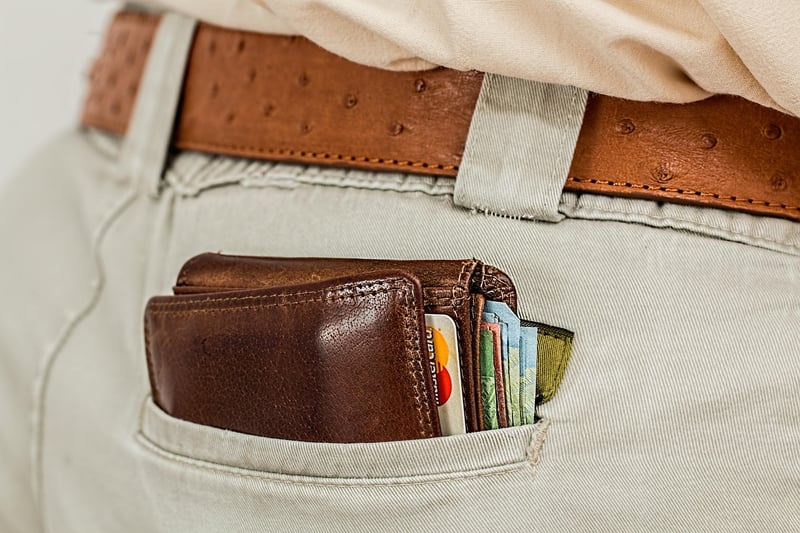Wallet Security Best Practices
#Blockchain
#Cryptocurrency
#Wallet Security
Essential Knowledge for Beginners + Wallet Security Best Practices
Introduction
Welcome to the world of cryptocurrencies! Whether you're a complete beginner or looking to enhance your knowledge, understanding some essential concepts and best practices for wallet security is crucial. In this article, we'll cover the basics every beginner should know and explore key tips for securing your crypto wallets.
Key Concepts for Beginners
- What is Cryptocurrency?: Cryptocurrency is a digital or virtual form of currency that uses cryptography for security. It operates independently of a central authority, such as a government or financial institution.
- Blockchain Technology: Blockchain is the underlying technology behind most cryptocurrencies. It is a decentralized and distributed ledger that records transactions across a network of computers.
- Crypto Wallets: A crypto wallet is a secure digital wallet used to store, send, and receive cryptocurrencies. There are different types of wallets, including hardware wallets, software wallets, and paper wallets.
Wallet Security Best Practices
- Use Hardware Wallets: Hardware wallets, such as Ledger or Trezor, offer the highest level of security as they store your private keys offline.
- Enable Two-Factor Authentication (2FA): Adding an extra layer of security like 2FA can help protect your wallet from unauthorized access.
- Backup Your Wallet: Always keep a backup of your wallet's recovery phrase in a secure location. This will help you recover your funds if your wallet is lost or damaged.
- Update Your Software Regularly: Ensure your wallet software is up to date to mitigate any potential security vulnerabilities.
- Be Cautious of Phishing Attempts: Avoid clicking on suspicious links or providing your private keys or seed phrases to unknown sources.
Conclusion
By understanding the fundamental concepts of cryptocurrencies and following best practices for wallet security, you can navigate the exciting world of digital assets with confidence. Remember to stay informed, stay vigilant, and always prioritize the security of your crypto holdings.
For more detailed information on wallet security best practices, check out CoinDesk's Bitcoin Security Guide.

